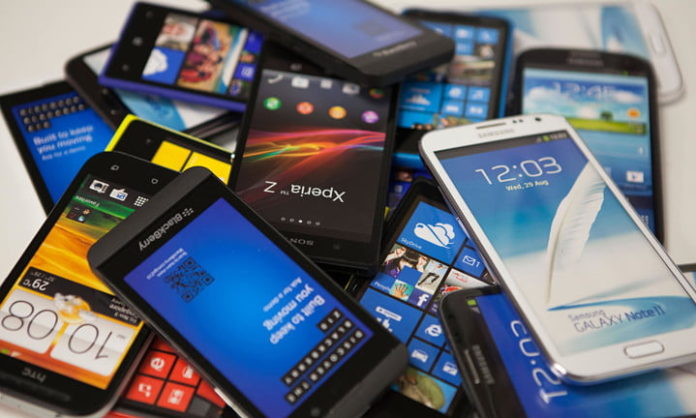Here is a riddle- what do we have in our lives that we are constantly aware of, careful to make sure is in pristine condition, never leave behind, contains any information we could ever possibly need in life, and is always sending us messages?
I would guess that the first answer that entered most readers’ minds is their smartphone. And rightfully so. Between the persistent buzzes and beeps, WhatsApps and emails, status updates and selfies, we are becoming more and more connected to our phones. But this isn’t news. Not anymore at least. New articles are being published every day decrying the effects that these little boxes are having on us. Everywhere one turns, there are stories about former-CEO’s lamenting how they have contributed to the decline of society, or celebrities who testify that they would never let their children be on Social Media. And yet, the answer to the riddle that most people thought of first is still their smartphone. But maybe there is another answer that checks off all those requirements, something else that should be such a ubiquitous part of our lives.
When the Jewish people stood at Har Sinai and accepted the Torah, they did not simply nod their heads and agree. They proclaimed Naaseh V’Nishma with full conviction and commitment, two of the most powerful words ever uttered in the history of the world. By doing so, it wasn’t a simple acknowledgment of certain obligations we would then have to fulfill. Rather, we were committing ourselves to live a life with the Torah. To be constantly aware of the Torah and have every action we do be guided by the Torah. To always follow the Torah regardless of where we are or in what situation we find ourselves. To open our eyes, ears, and hearts to the messages the Torah is teaching us. Naaseh V’Nishma was, and still is, a profound statement of how we would live our lives from then on.
Rav Baruch Ber Lebovitz, the famed Rosh Yeshiva of the Kaminetz Yeshiva in the early part of the 20th century, was once visiting America to fundraise for his yeshiva. Before he spoke in one shul, he was introduced by the president who said that the Torah is so important to our lives that we would not be able to live without it. To which Rav Baruch Ber began his schmooze by saying, “And if we could live without it, what would our lives be anyway?!”
When I have the privilege of speaking in schools in the Chicagoland area, one of the questions I like to ask the students is if they feel they are in control of their phones or are their phones in control of them. I ask them to think about times which it is universally and undoubtedly clear that they should not be responding to their phones. For example, when they know they have to go to sleep by a certain time, are they able to actually power down and go to sleep, or does just one more episode on Netflix or just one more swipe on my snapchat feed lead to countless more just one more’s. How about what they do when they are talking to someone and feel the phone vibrating, do they ignore it or do they turn away from their friend in the middle of the conversation? What do they do when they hear their phone beep while they are driving? Are they able to withstand the curiosity and focus on the road, or, feeling perfectly confident in their ability to drive blindly, do they look down at their phone to respond to that vital text? When they go to shul to daven for so many things that we all so desperately need in our lives, are they able to leave their phones at home or in the car, or are they afraid to be too far away from it for too long? These are just a few examples of many such questions that permeate every aspect of our daily routines.
In truth, this is not a question reserved only for teenagers. We all must ask ourselves how strongly we have become connected. Are we in control of our phones or are our phones in control of us?
There should only be one thing that is so essential to our survival that we become inextricably linked to it. Only one answer should come into our minds when we hear such questions- the Torah. The Torah is what guides us and elevates us; what we strive for and what we cherish. The Torah, and the Torah alone, is the one thing that we should always feel we are connected to.
The seforim write that Shavuos is not simply a celebration of what occurred a few thousand years ago. Rather, every year when the sixth day of Sivan comes around, Hashem offers us the Torah once again. We then have an opportunity to recommit ourselves to live with the Torah, being fully connected to Hashem. May we all be zocheh this year to utter those two precious words of Naaseh V’Nishma and be able to fully infuse our lives with the precious gift of the Torah.







